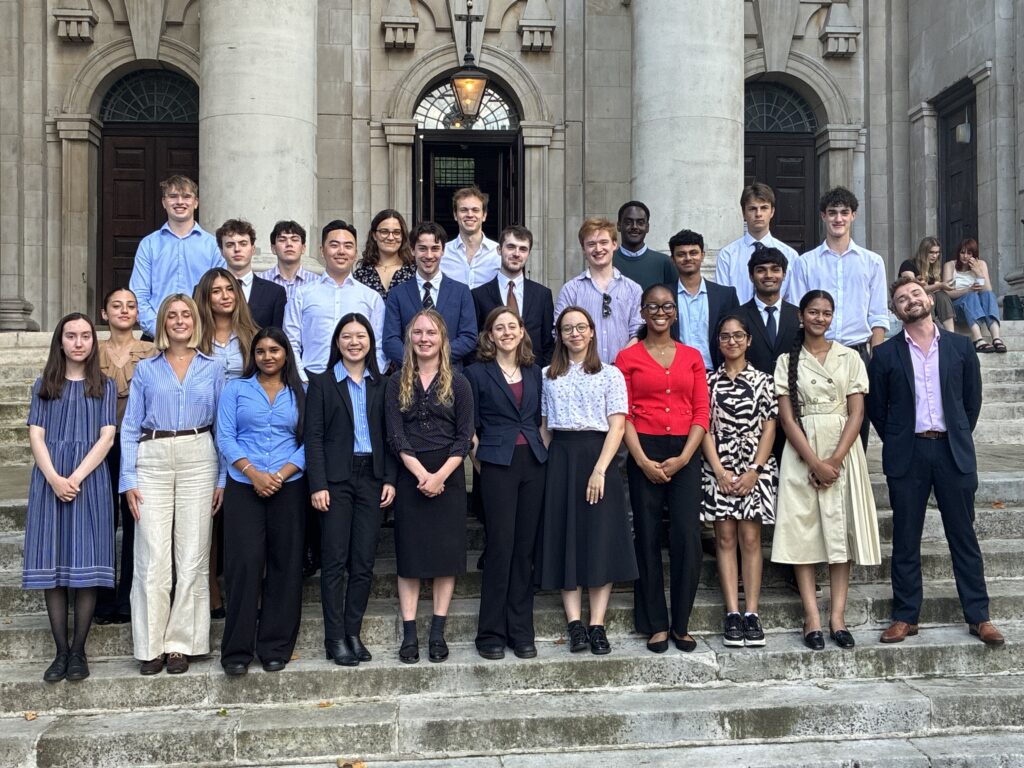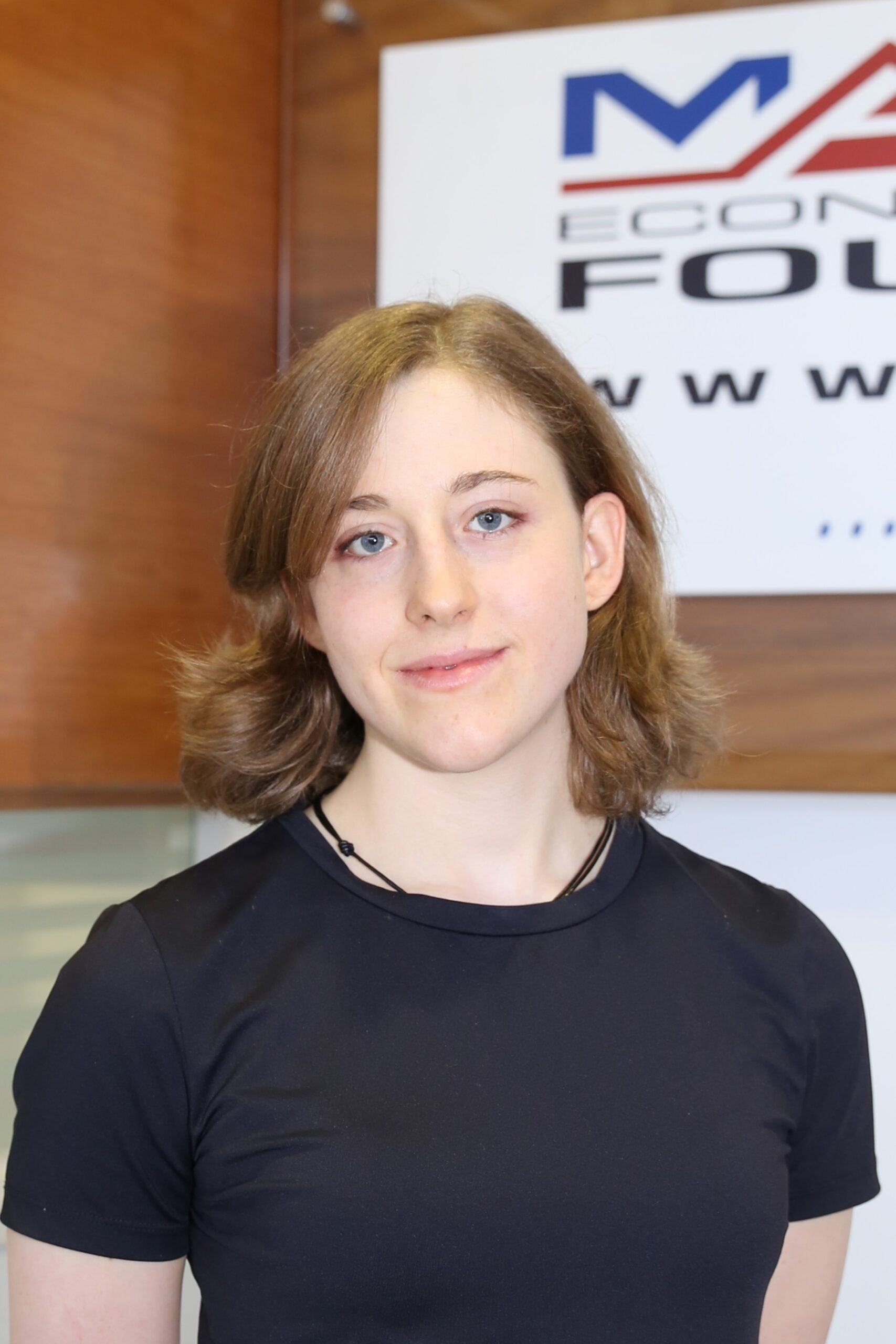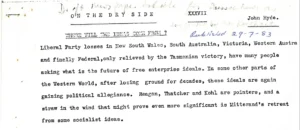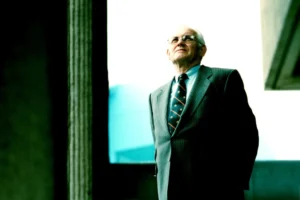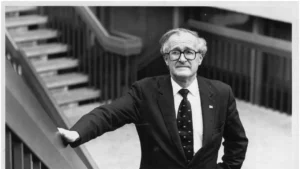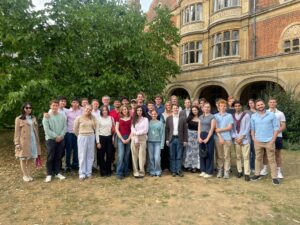After flying half-way around the world, I arrived in London for the Future Thought Leader’s Programme, a two-week conference run by the Institute of Economic Affairs (IEA). I was both filled with trepidation and thrilled at the prospect of being independent in a foreign country. This was a trip full of firsts for me: it was my first time overseas, I had my first ever drink, and, most importantly, it was the first time I ever saw a squirrel.
Each morning, I caught the tube to visit the IEA offices in Westminster, nestled in the beating heart of London. It felt surreal to be just down the road from the Houses of Parliament and Big Ben.
Each day brought new speakers to discuss and debate pressing political, social, philosophical, and economic issues. I especially enjoyed listening to Steve Davies, a Senior Education Fellow at the IEA, who gave a comprehensive crash course in ‘The History of Classical Liberalism’ to kickstart the programme. His talk reframed my understanding of the current socio-political order and provided greater insight into how ideals of liberty emerged over time.
My favourite session was perhaps his later discussion on ‘The Political Realignment’ currently sweeping the Western world. He illuminated the shift away from the traditional left-right economic divide towards a new axis of nationalism versus cosmopolitan globalism. I also enjoyed Dr Paola Romero’s talk on ‘Property Rights’, which gave me a new appreciation for how private property empowers economic independence and drives growth by incentivising people to invest, innovate, and accumulate capital.
The programme included multiple opportunities to practise public speaking, including debates, elevator pitches, and a ‘Manifesto Competition.’ In this competition, we formed groups to create mock political parties and present policy proposals to a panel of judges. As part of my group, I presented development reforms to address the looming housing crisis. This included reducing greenbelt areas, introducing a clear zoning system with automatic development approvals, relaxing planning restrictions, and removing stamp duty. These measures aimed to increase housing supply, improve labour mobility, and make smaller developers more competitive. When brainstorming ideas, I drew parallels between housing challenges in the UK and Western Australia, reflecting on how similar solutions could be adapted to Australia. In the end, this unique experience gave me an unexpected appreciation for the complexity of policymaking and has made me more confident at public speaking.
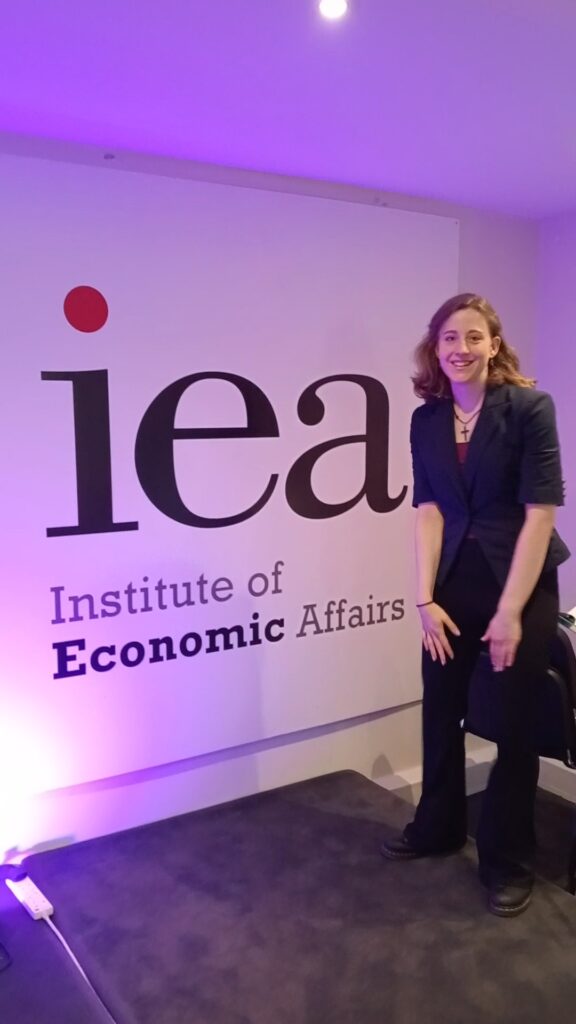
Reflecting on Freedom Week, one clear theme emerged: free markets with minimal government overreach allow entrepreneurship and innovation to flourish. On the other hand, overregulation creates market friction and disproportionately harms small businesses. This aligns closely with the mission of the Centre for Entrepreneurial Research and Innovation (CERI), which seeks to empower innovation in Western Australia. Given the stagnation of economic growth since 2008, there is a clear need now more than ever to foster new innovations. I believe that if Western Australia encourages economic freedom and slices bureaucratic red tape, we can create an environment where entrepreneurs and early-stage ventures can thrive.
I met fascinating people from all over the world during the programme. I enjoyed getting to know them over lunches, lively discussions, and experiencing British pub culture together. The atmosphere of open conversation exposed me to diverse perspectives, and has made me more confident to engage in public discussion in topics I’m passionate about.
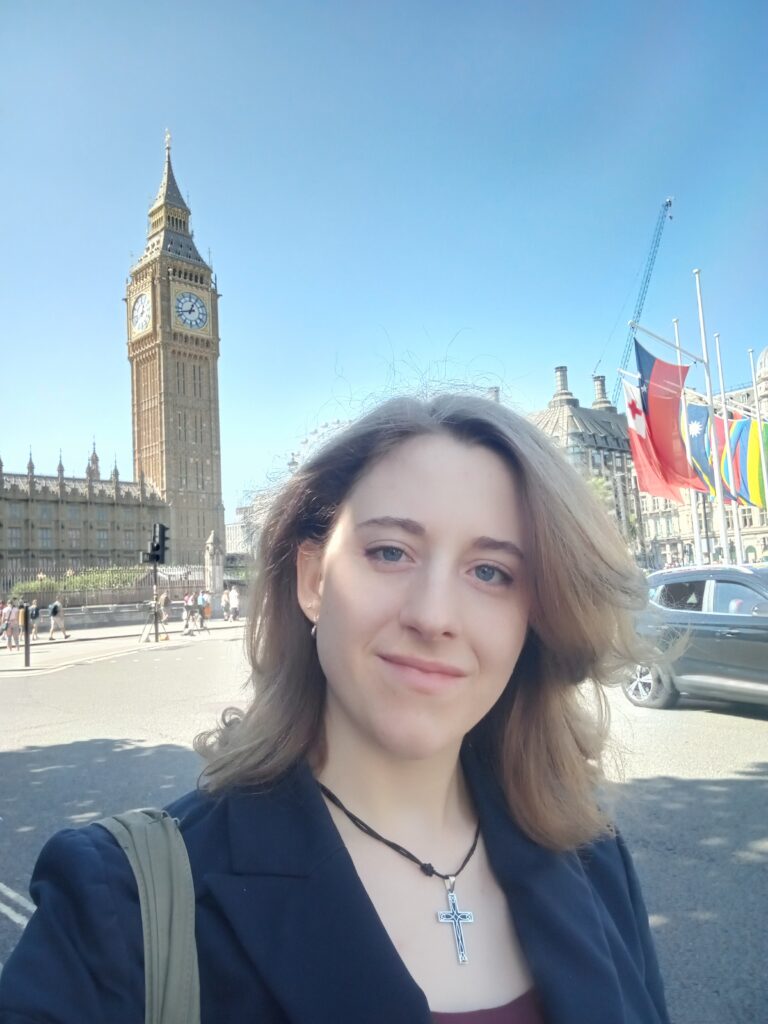
I am indescribably thankful to both Mannkal and CERI for giving the opportunity to partake in the Future Thought Leader’s Programme, as well as to the IEA for creating such an incredible experience. I am sure I will treasure the memories I made during these two unforgettable weeks for the rest of my life.

